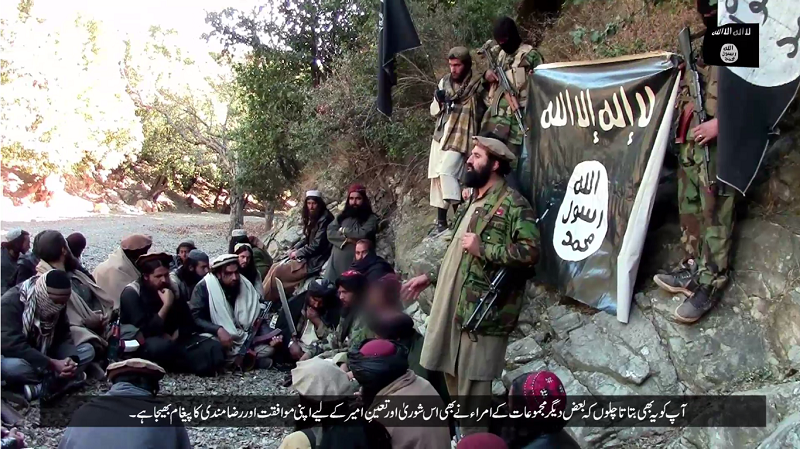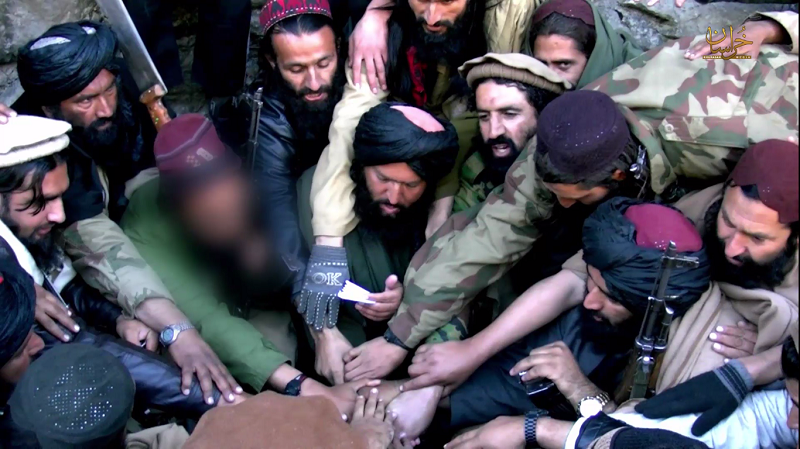The 33-year old former Guantanamo Bay detainee, Mullah Abdul Rauf, who revolted against his former colleagues to form the Afghan wing of the Islamic State (ISIS) has been captured by the Taliban along with 45 other suspected ISIS members.
The Taliban heads had reportedly branded Rauf an 'infidel' and had issued orders for his arrest after he swore allegiance to ISIS leader Abu Bakr al Baghdadi .
A Taliban commander told the Afghan news website Pajhwok that Mullah Abdul Rauf was captured from Afghanistan's southern Helmand province along with 45 other suspected ISIS followers.
Rauf, who is a former Taliban commander from Helmand province, after declaring his allegiance to ISIS, had started a recruitment cell for the radical group in Afghanistan. He had asked several local heads in his province to support ISIS.
The capture of the man, who claimed to be the ISIS chief in Afghanistan, signals the growing tension between Taliban supporters and the Islamic State. And now, with his arrest, ISIS may lose 'an influential' leader.
Though both the groups are driven by the same ideology, in reality they are known to be sworn enemies. In Afghanistan, ISIS faced a stiff opposition from the Taliban.
For Taliban, the capture of Mullah Rauf could help it stunt the growth of ISIS in the region.
Rauf, who once used be the part of Taliban's inner circle known as the Quetta Shura, has quite an influence in the Helmand province. He was also the former Taliban governor of Paktia province and a military commander in the northeast, before being captured by US forces in 2001 and sent to Guantanamo Bay, where he spent six years.
The final decision on the fate of Mullah Rauf and the other prisoners is likely to come directly from the Taliban's "religious leaders and judges".



















